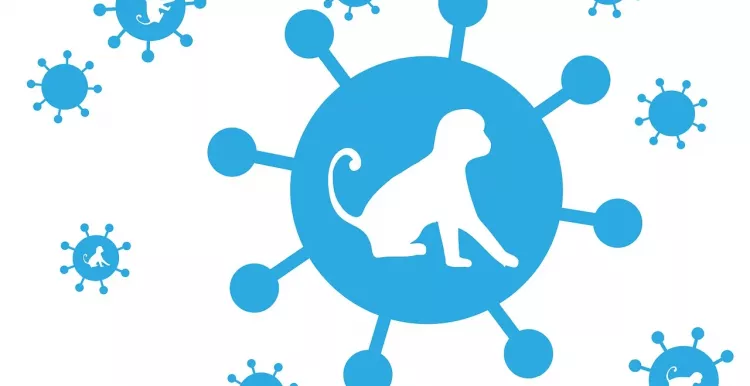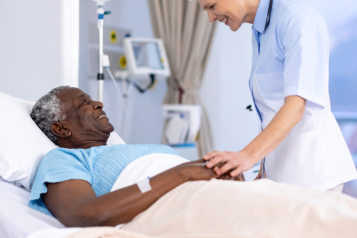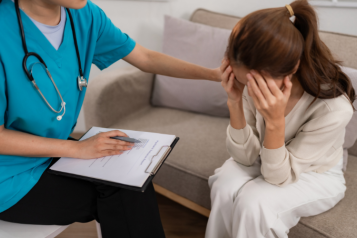What is monkeypox and what are the symptoms?

Key public health messages
Monkeypox is a rare infectious disease, and although more people have been diagnosed with it recently, only a small number of people in the UK have had monkeypox and the risk remains low.
Monkeypox is a viral infection,it is usually a mild self-limiting illness, spread by very close contact with someone with monkeypox and most people recover within a few weeks.
How you get monkeypox
You can catch monkeypox from an infected animal if you're bitten or you touch its blood, body fluids, spots, blisters or scabs. It can also spread from person to person through:
- touching clothing, bedding or towels used by someone with the monkeypox rash
- touching monkeypox skin blisters or scabs (including during sex)
- the coughs or sneezes of a person with the monkeypox rash
Recent cases have been detected in gay, bisexual and other men who have sex with men. We advise these people in particular to be alert to any unusual rashes or lesions on any part of their body, especially their genitalia, and to contact a sexual health service if they have concerns.
Symptoms
If you get infected with monkeypox, it usually takes between 5 and 21 days for the first symptoms to appear. The first symptoms of monkeypox include:
- Unusual rashes or lesions on the body such as the face or genital area
- Fever
- Muscle aches
- Chills and exhaustion
- Headaches
- Swollen lymph nodes
What you need to do if you think you have Monkeypox
If you think you have monkeypox symptoms – however mild:
- Contact NHS 111 or call a sexual health clinic immediately. Your call will be treated sensitively and confidentially.
- Avoid close personal or sexual contact with others until you have had a clinical assessment
Please contact clinics ahead of your visit and avoid close contact with others until you have been seen by a clinician. Your call or discussion will be treated sensitively and confidentially.


